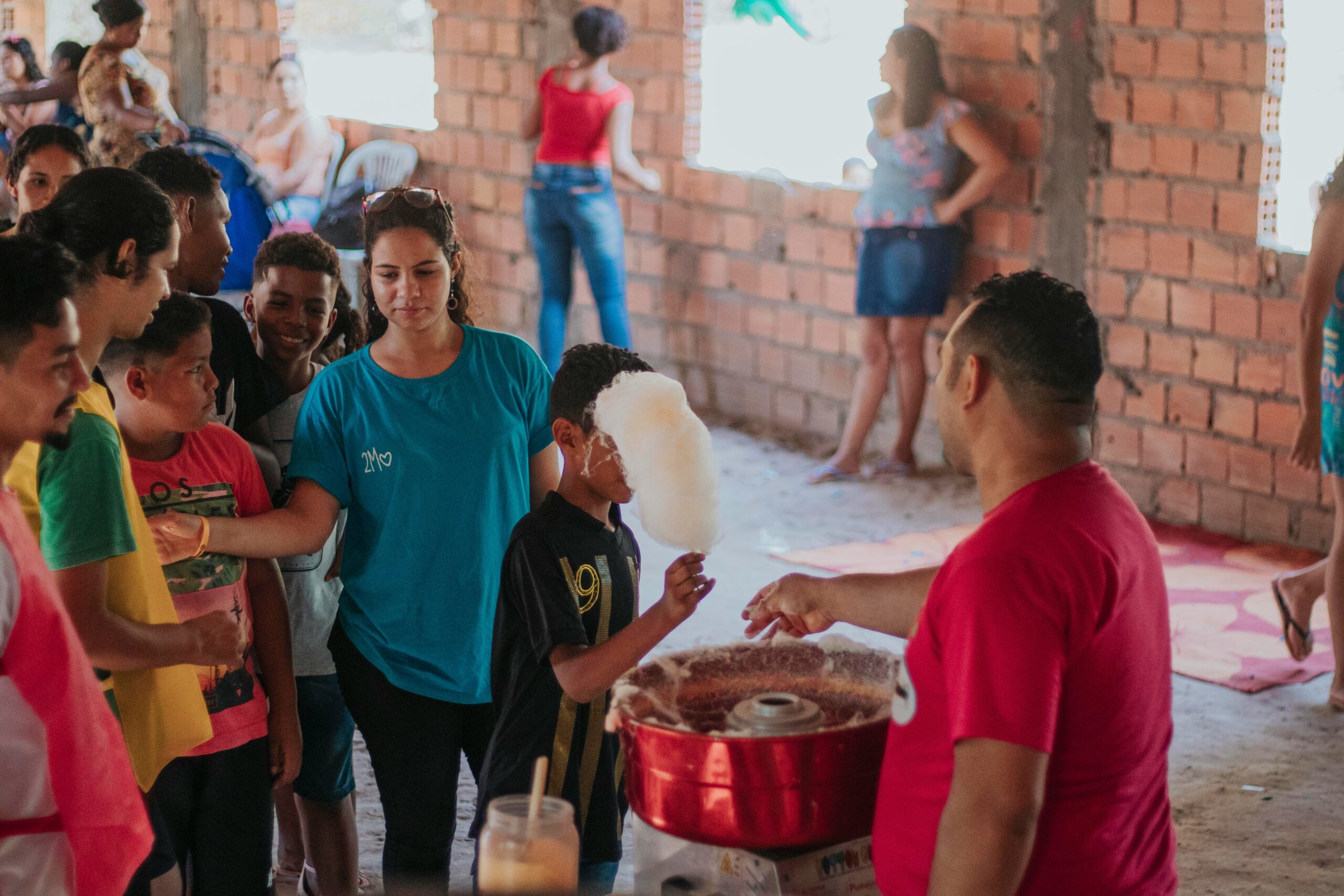
Volunteering offers a hands-on approach to philanthropy that empowers individuals to make meaningful community contributions. Unlike monetary donations, volunteering engages people directly, fostering connections and creating lasting change. This article explores how volunteering is a dynamic and impactful form of philanthropy, highlighting its benefits to communities, nonprofits, and volunteers.
Creating Tangible Change in Communities
Volunteering provides immediate, tangible support to communities facing challenges. Volunteers help deliver critical services such as food distribution, tutoring, and disaster relief, addressing urgent needs that require more than financial resources. By physically showing up and offering their time, volunteers fill essential gaps and help ensure programs succeed.
In addition, volunteer efforts strengthen community ties by fostering collaboration and trust. When people unite to support shared goals, they build social networks that promote resilience and mutual support. These connections contribute to healthier, more vibrant communities capable of addressing future challenges collectively.
Boosting Nonprofit Effectiveness and Reach
Nonprofit organizations depend on volunteers to expand their capacity and reach. Volunteers perform a variety of roles—from event coordination to specialized professional services—that reduce operational costs and increase program delivery. This allows nonprofits to allocate more resources directly to their mission-driven activities.
Moreover, volunteers often serve as ambassadors within their communities, raising awareness and attracting additional support. Their passion and commitment energize organizations and help build stronger relationships with beneficiaries and donors, fostering a sustainable philanthropic ecosystem.
Developing Skills and Building Confidence
Philanthropy offers valuable opportunities for volunteers to develop new skills and gain experience. Volunteers enhance their personal and professional growth by learning project management, communication, or problem-solving. These experiences can translate into career advancement and increased self-confidence.
Beyond skill-building, volunteering nurtures empathy and cultural understanding. Engaging with diverse populations broadens perspectives and deepens emotional intelligence. This personal development often inspires continued engagement in philanthropic efforts and community service.
Cultivating Social Bonds and Networks
Volunteering strengthens social bonds by bringing together people with shared interests and values. Group activities foster friendships and support systems that improve emotional well-being. These social connections help combat loneliness and promote a sense of belonging.
Furthermore, strong social networks foster community engagement and collective action. Volunteers often become advocates for local issues, mobilizing others and creating momentum for positive change. This community-centered approach builds democratic participation and shared responsibility.
Fostering Civic Responsibility and Participation
Volunteering encourages active citizenship by promoting involvement in community affairs. Volunteers become more informed about social issues and motivated to contribute to public life. This engagement enhances democratic processes and supports inclusive decision-making.
Leadership opportunities within volunteer organizations empower individuals to take initiative and influence change. As volunteers assume roles organizing projects or advocating for causes, they develop skills and confidence that drive community improvement.
Amplifying the Reach of Philanthropic Efforts
While financial donations are vital, volunteering enhances philanthropy by providing hands-on support that money alone cannot achieve. Volunteers personalize assistance and build trust with beneficiaries, improving program outcomes. They also ensure the smooth functioning of services, increasing overall effectiveness.
Additionally, volunteers inspire others to participate or donate, creating a multiplier effect that expands philanthropic impact. This ripple effect strengthens community support and helps sustain charitable initiatives over time.
Making Philanthropy Inclusive and Accessible
Volunteering opens the door to philanthropy for people of all financial backgrounds. By offering time and effort instead of money, individuals can contribute meaningfully regardless of income. This inclusivity broadens participation and democratizes giving.
Volunteers can also select projects aligned with their passions and skills, increasing satisfaction and commitment. This personalized engagement encourages long-term involvement and fosters diverse philanthropic communities.
Promoting Physical and Mental Well-Being
Volunteering supports health by providing physical activity and social interaction. Tasks such as environmental cleanups or community gardening encourage movement, while volunteering in groups combats isolation. Both factors contribute to reduced stress and improved mood.
Furthermore, the sense of purpose derived from helping others enhances psychological well-being. Volunteers often report higher life satisfaction and feelings of fulfillment, highlighting the reciprocal benefits of philanthropy.
Expanding Global Perspectives and Solidarity
International volunteering connects individuals with global challenges and cultures. These experiences foster cross-cultural understanding and promote solidarity beyond borders. Volunteers gain awareness of worldwide issues and contribute to solutions internationally.
This broadened perspective strengthens global philanthropy networks and encourages cooperative efforts to address problems like poverty, health crises, and climate change.
Volunteering offers a dynamic and impactful way to practice philanthropy by creating direct change, enhancing nonprofit effectiveness, and fostering personal growth. It builds social bonds, promotes civic engagement, and amplifies the reach of charitable efforts. Moreover, volunteering makes philanthropy accessible to all and supports mental and physical health. By embracing volunteerism, individuals become active participants in shaping stronger, more compassionate communities locally and globally. This powerful form of giving enriches society and the volunteers, making it an essential component of meaningful philanthropy.